Halo 5 was considered for a PC port but was scrapped due to technical issues, former developer says
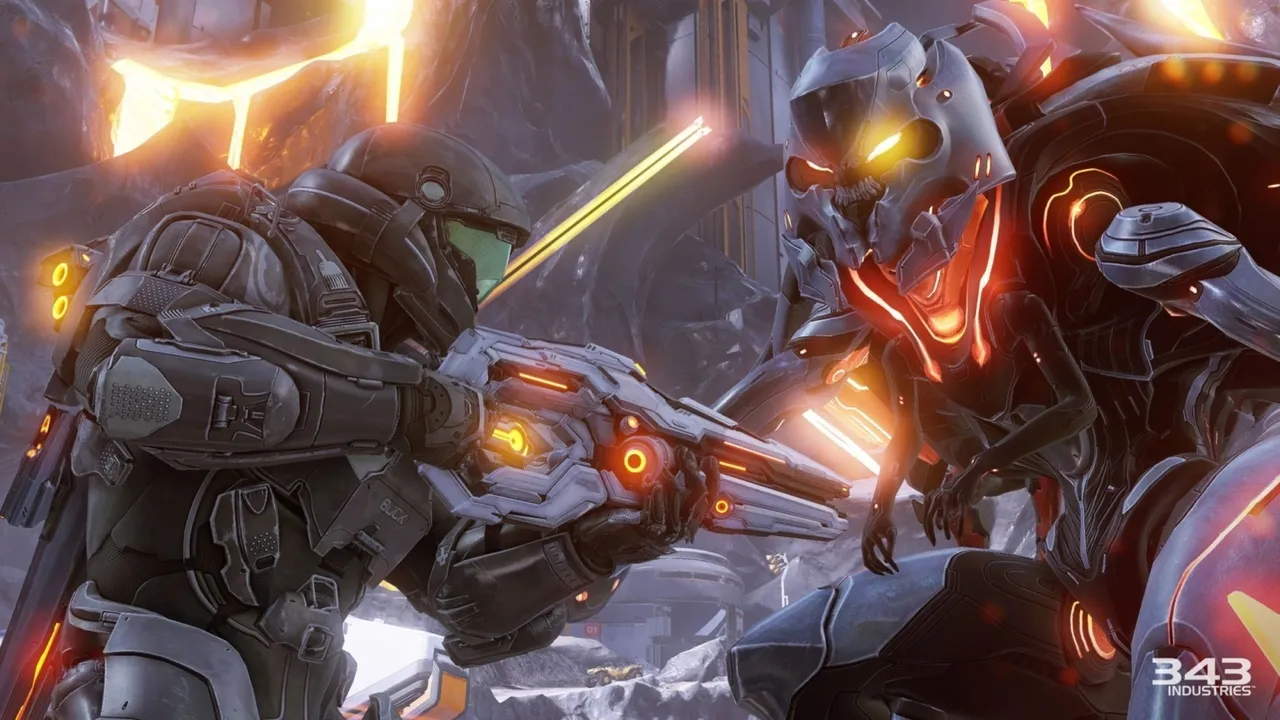
A former 343 Industries developer has revealed that Halo 5 was originally planned for a PC port. However, due to technical difficulties, the project was scrapped, making it the only mainline Halo game that is unplayable on the platform.
The details:
Tyler Owens, a former infrastructure engineer at 343 (now Halo Studios), took to X over the weekend to share memories from his time working on Halo 5. When a fan mentioned that they would like a PC port of the Xbox One game, Owens revealed that it was originally considered but will most likely never happen due to technical issues. “I wish but it’s never going to happen imo,” he wrote. “I think the port that was being considered ran into significant tech hurdles and was scrapped.”
The fan responded to Owens, suggesting that one of the issues could have been related to frame rate, as, like many popular titles, its physics and other core systems were directly connected. While Owens was not part of the team working on the port, he stated that the reasoning "seems plausible," as allowing a frame rate above the Xbox version's 60 FPS limit could render it unplayable.
Halo 5 was partially ported to PC through the release of "Halo 5: Forge," including its custom games and modes. However, it received mixed reviews due to its poor performance and 60 FPS lock, implying that the game systems' reliance on frame rate was indeed holding back a full port.
Halo 5 is currently the only mainline game in the series that has not been released on PC, with the Master Chief Collection including ports of all games between Combat Evolved and Reach, while Infinite was released on PC alongside the Xbox and Game Pass versions. It's possible that it could be released in the future, but Halo Studios is currently working on multiple new Unreal Engine 5 Halo games, which will help it avoid similar problems in the future.
More gaming news:
Nintendo has revealed that Animal Crossing: Pocket Camp's new paid version will cost $20 and include the majority of the features from the free-to-play version, minus the microtransactions.
The US Copyright Office has ruled that researchers will not be granted a DMCA exemption to access out-of-print games remotely, forcing them to conduct their research in a physical library, museum, or archive.
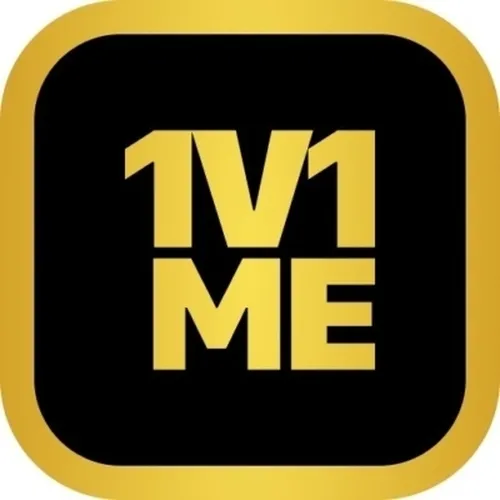 1v1Me
1v1Me
 Fresh Vintage
Fresh Vintage
 Rockstar Games
Rockstar Games
 Aftershock Media Group
Aftershock Media Group
 Respawn Entertainment
Respawn Entertainment
 Naughty Dog
Naughty Dog
-
 Ubisoft confirms multiple Far Cry and Assassin's Creed games in development
Ubisoft confirms multiple Far Cry and Assassin's Creed games in development -
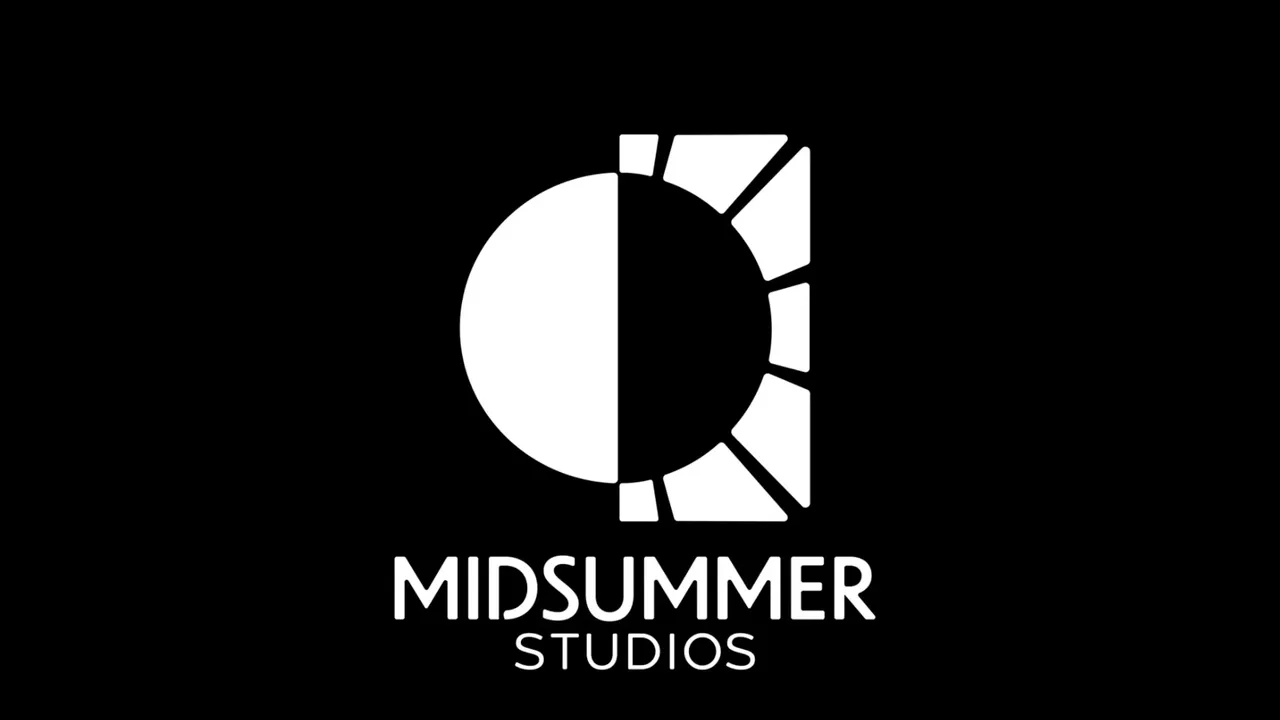 XCOM creator Jake Solomon's Midsummer Studios shuts down
XCOM creator Jake Solomon's Midsummer Studios shuts down -
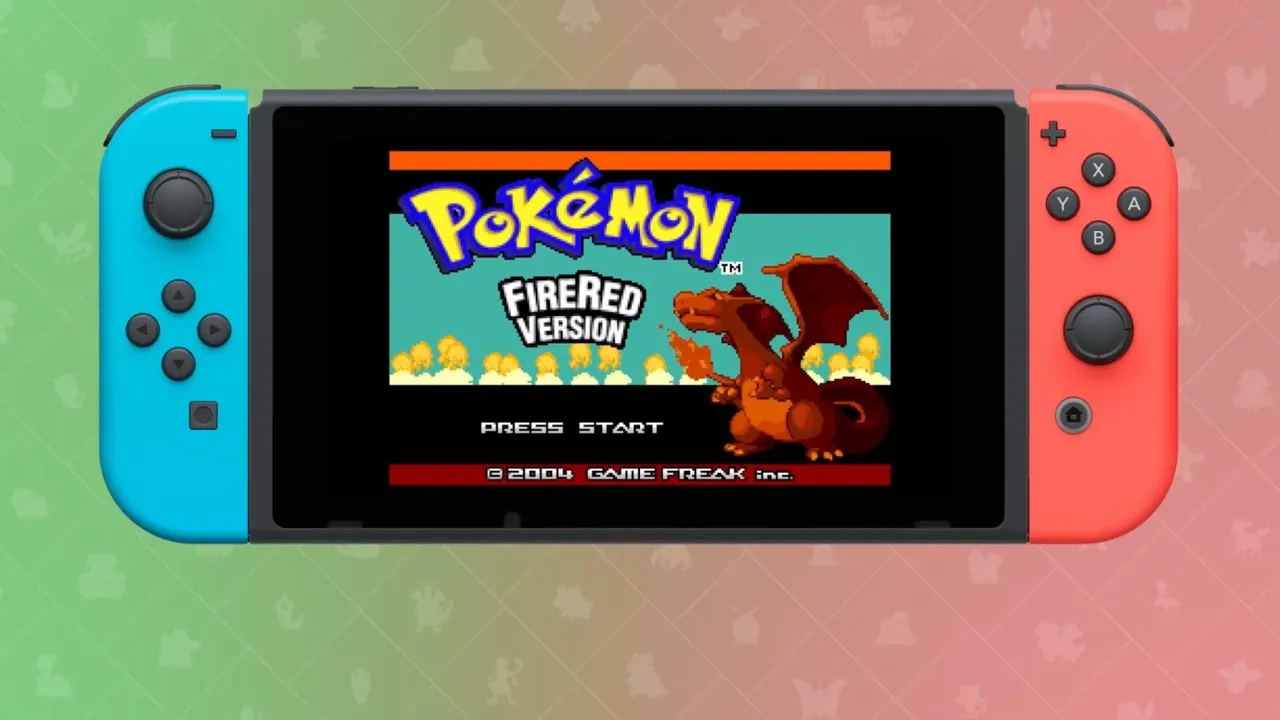 Pokémon FireRed and LeafGreen are coming to Nintendo Switch alongside a new Pokémon Presents
Pokémon FireRed and LeafGreen are coming to Nintendo Switch alongside a new Pokémon Presents -
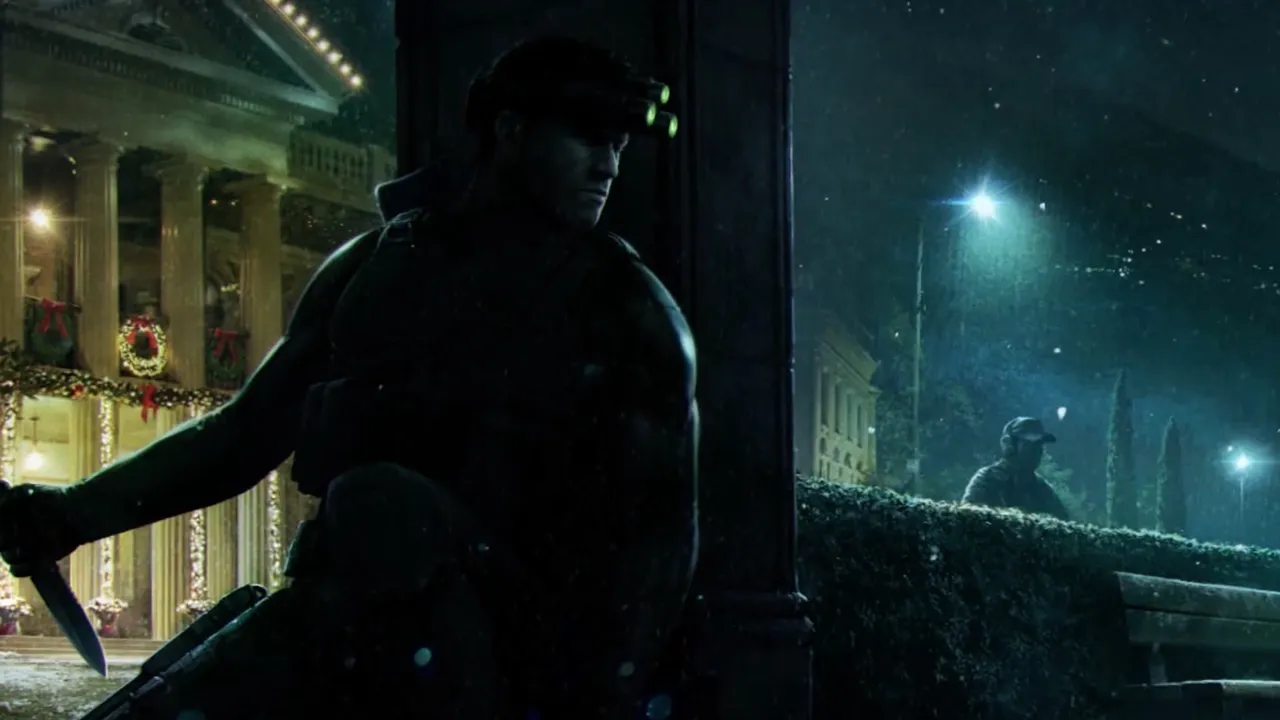 Ubisoft announces layoffs at Splinter Cell remake studio, but the game has not been cancelled
Ubisoft announces layoffs at Splinter Cell remake studio, but the game has not been cancelled -
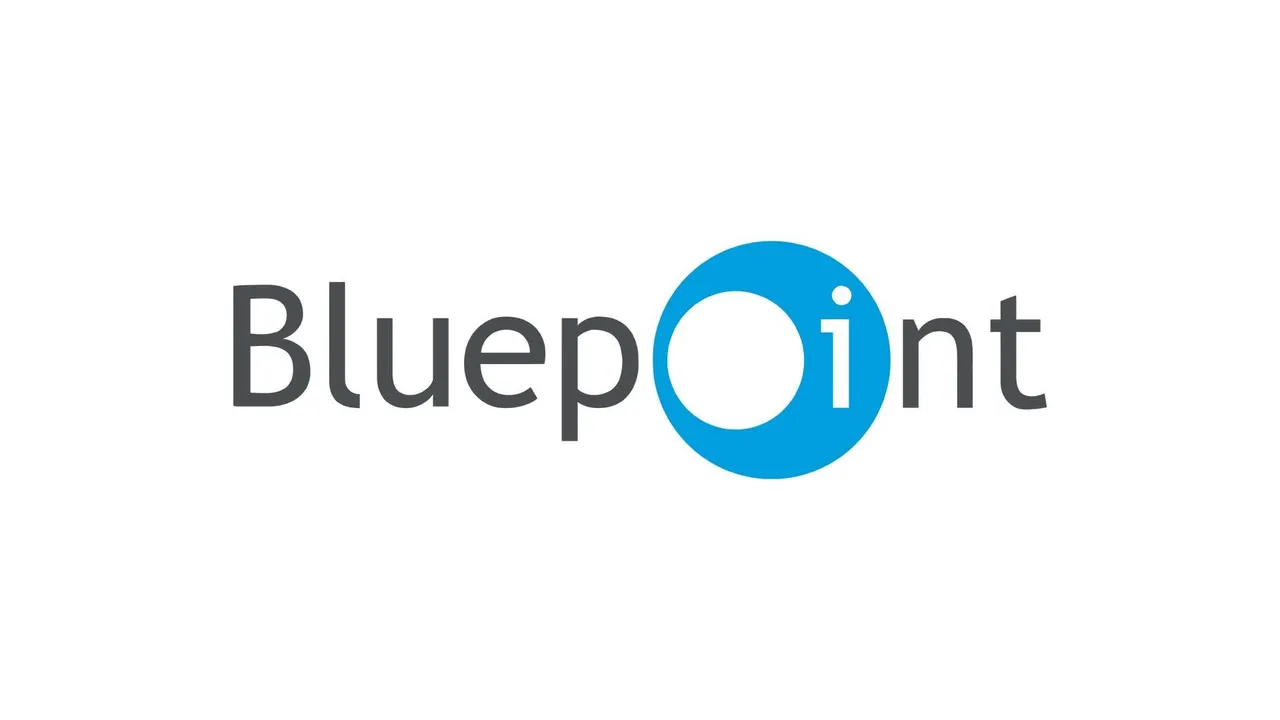 Demon's Souls remake developer Bluepoint is shutting down, Sony confirms
Demon's Souls remake developer Bluepoint is shutting down, Sony confirms -
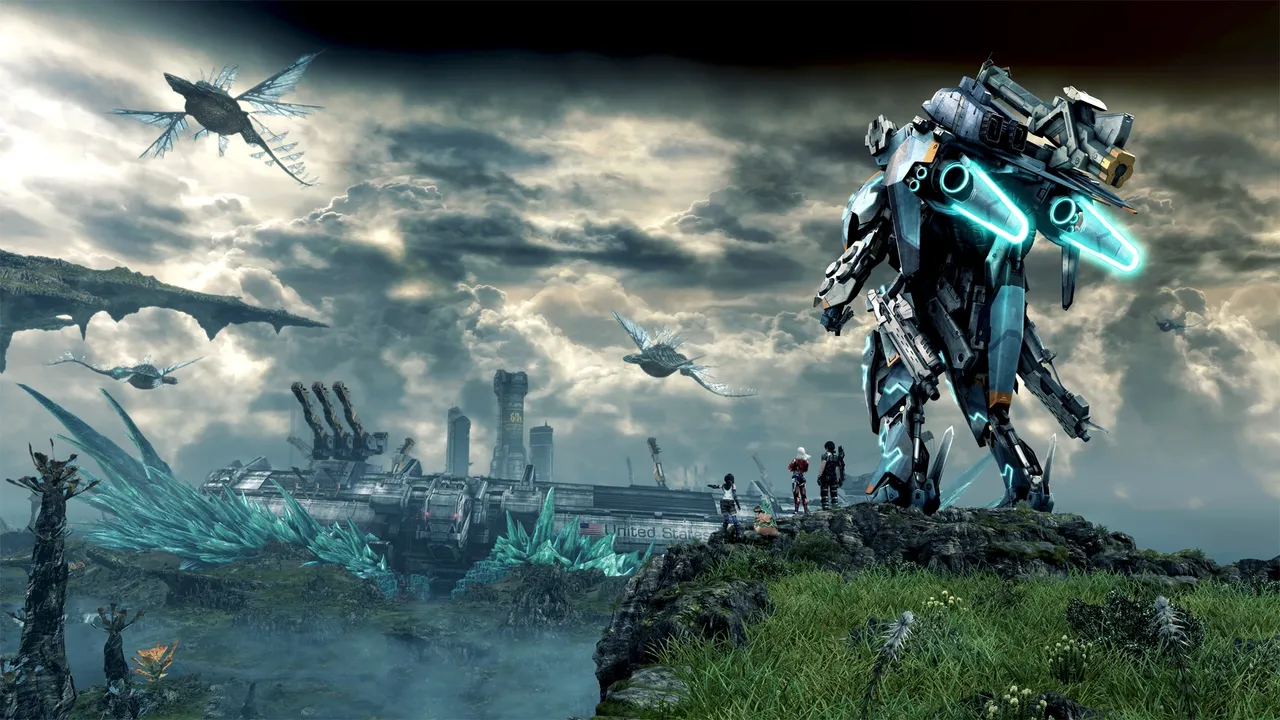 Nintendo shadow drops Xenoblade Chronicles X: Definitive Edition Switch 2 upgrade
Nintendo shadow drops Xenoblade Chronicles X: Definitive Edition Switch 2 upgrade -
 EA receives permission from commentator to generate EA FC 26 voice lines using AI
EA receives permission from commentator to generate EA FC 26 voice lines using AI -
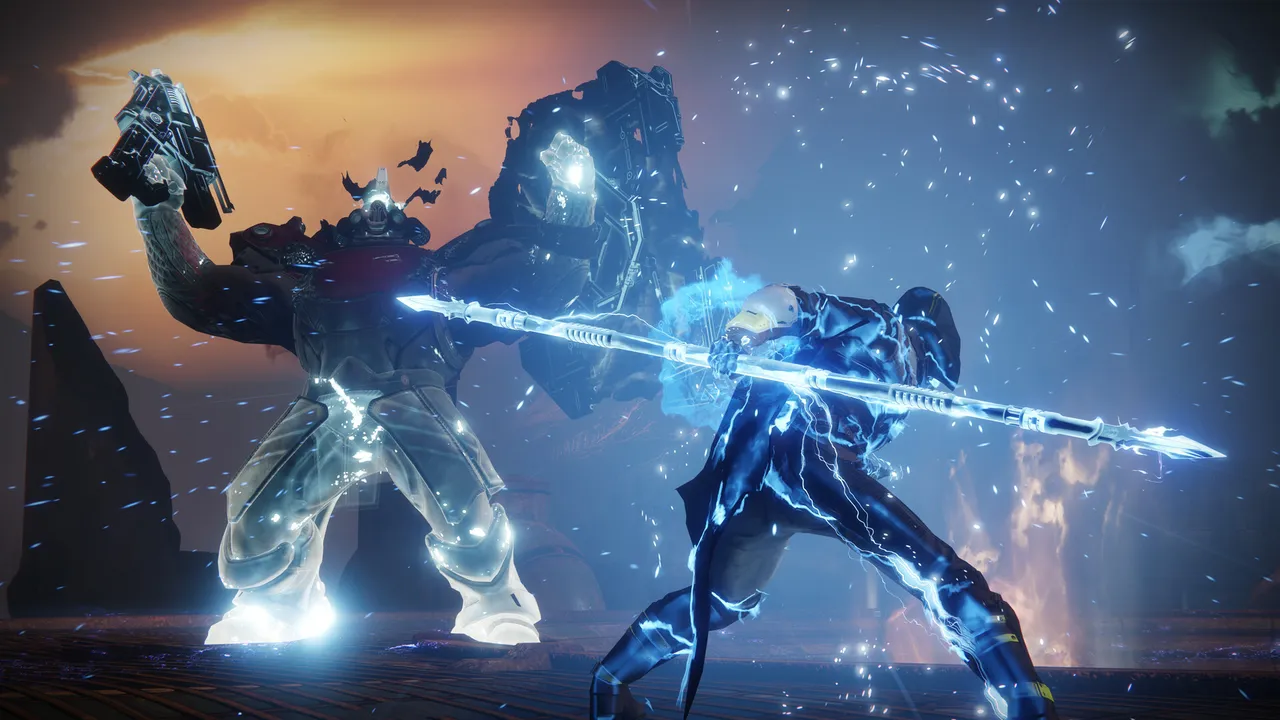 Destiny 2's Shadow and Order update has been delayed by several months, Bungie announces
Destiny 2's Shadow and Order update has been delayed by several months, Bungie announces -
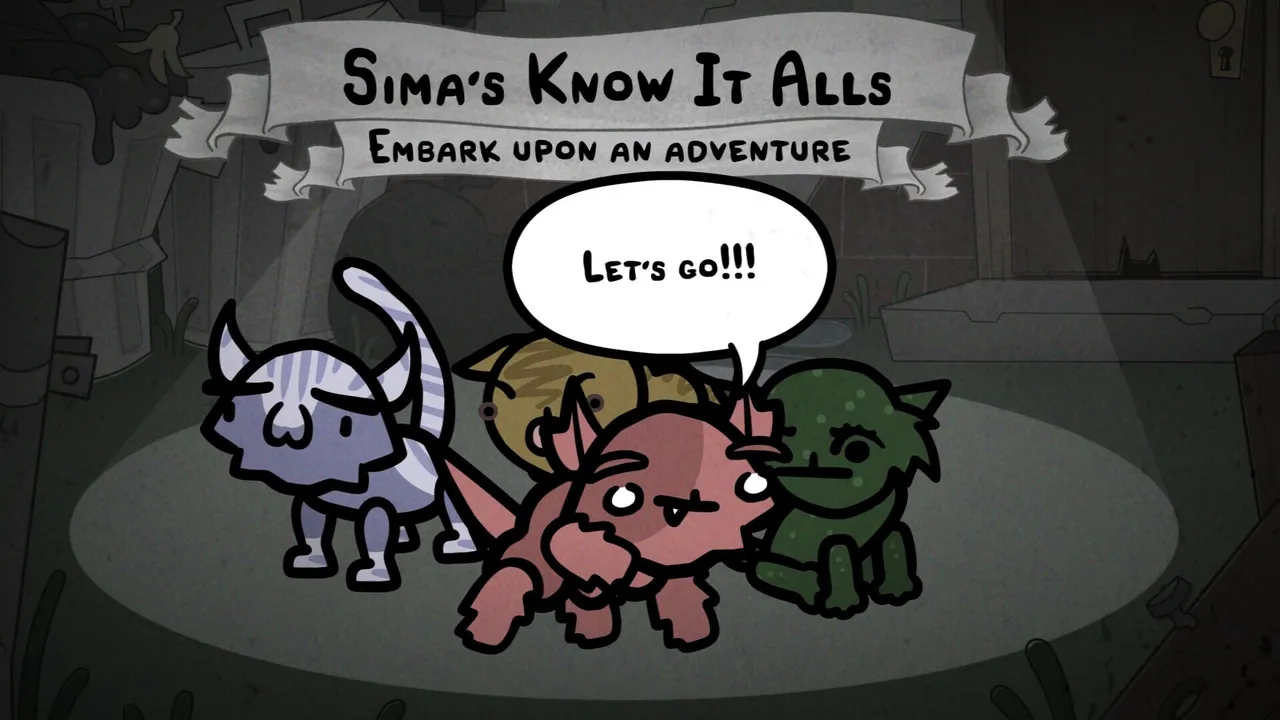 Mewgenics sells over one million copies in just a week, exceeding developer expectations
Mewgenics sells over one million copies in just a week, exceeding developer expectations -
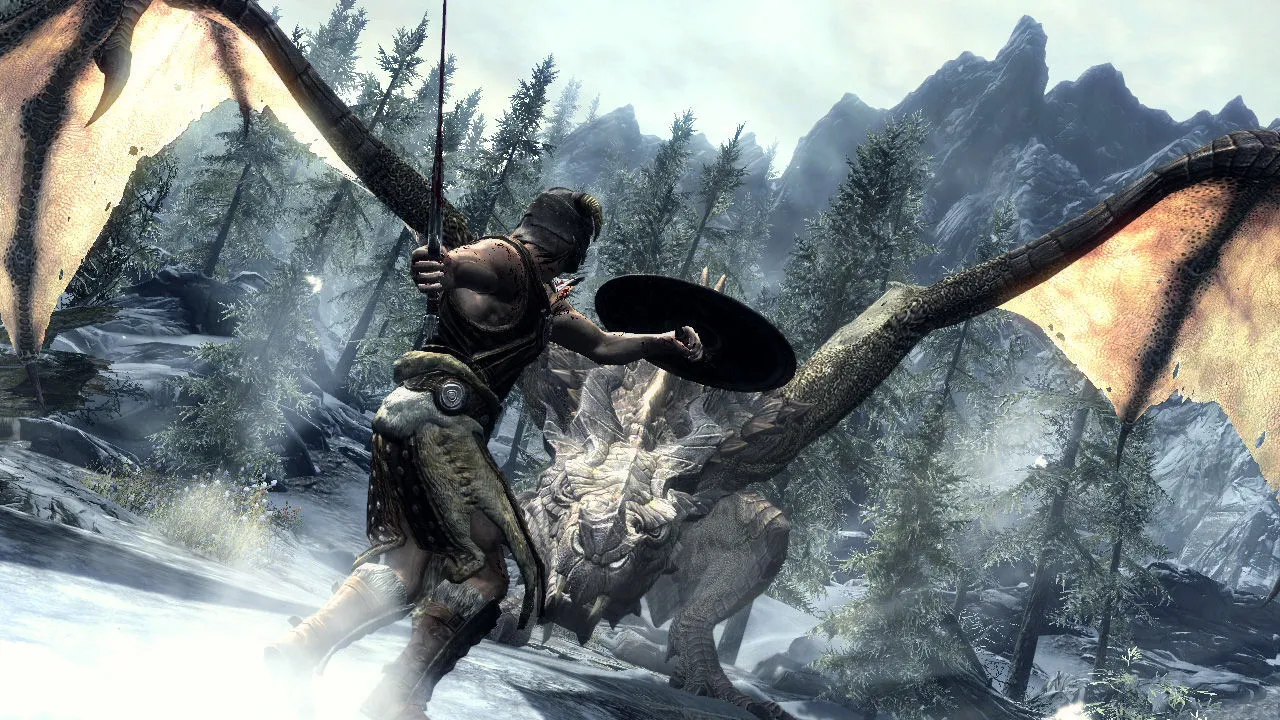 Skyrim finally receives performance and quality modes on the Nintendo Switch 2, addressing frame rate issues
Skyrim finally receives performance and quality modes on the Nintendo Switch 2, addressing frame rate issues -
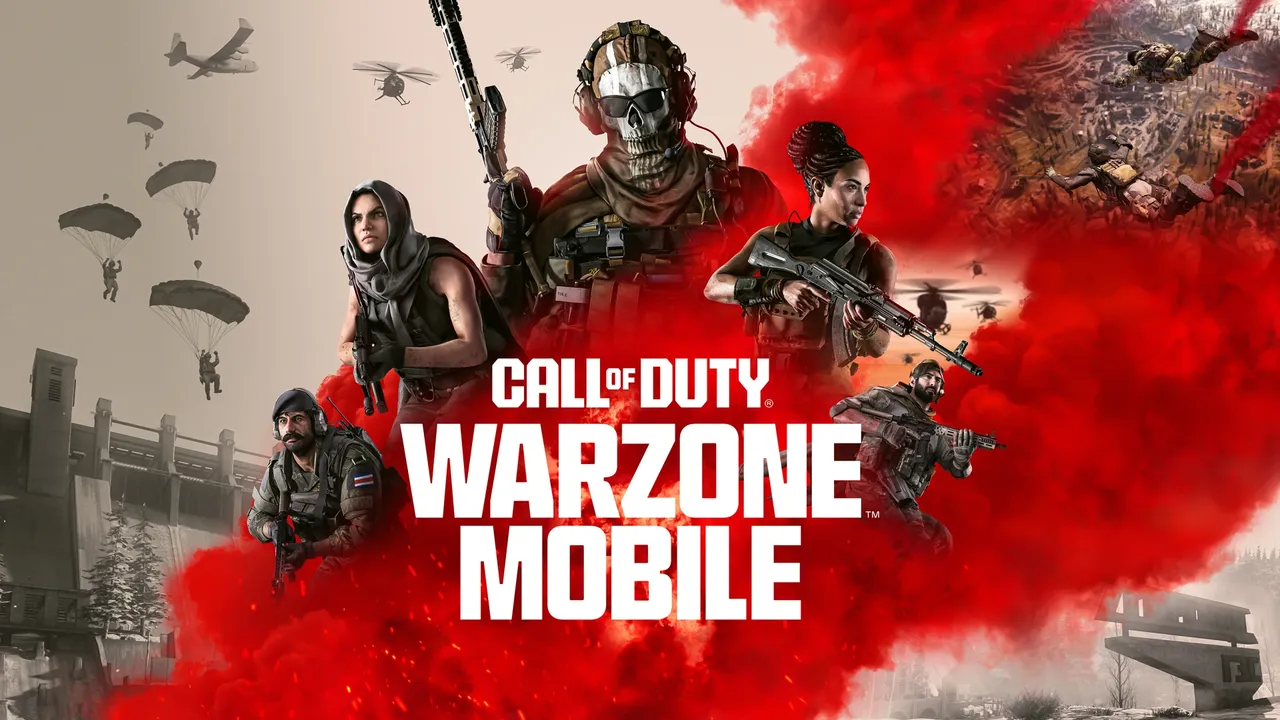 Call of Duty: Warzone Mobile is shutting down in April, Activision confirms
Call of Duty: Warzone Mobile is shutting down in April, Activision confirms -
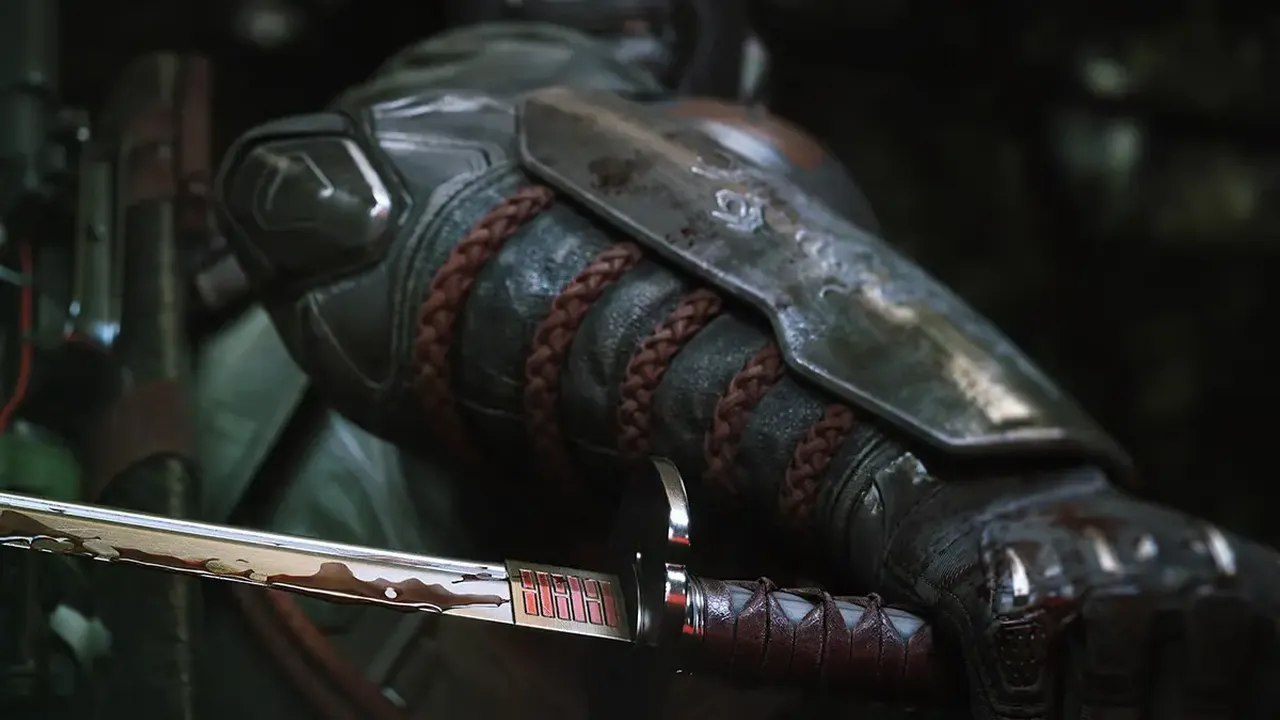 Hasbro shuts down G.I. Joe game developer Atomic Arcade, Snake Eyes project not cancelled
Hasbro shuts down G.I. Joe game developer Atomic Arcade, Snake Eyes project not cancelled